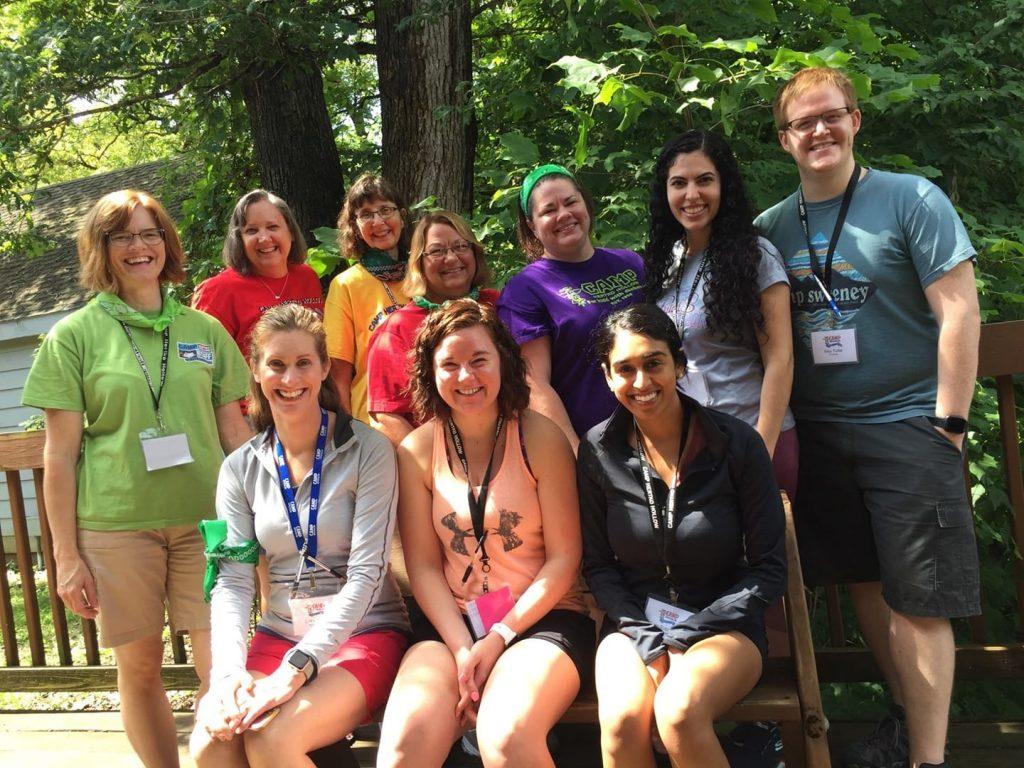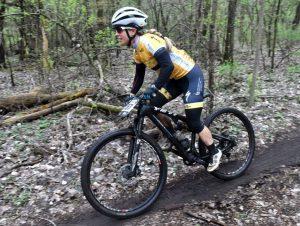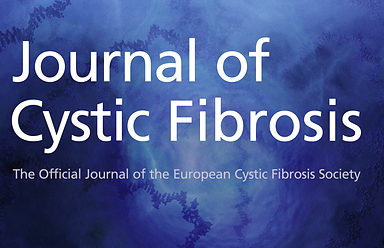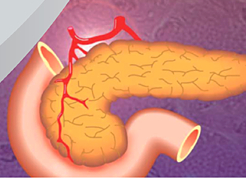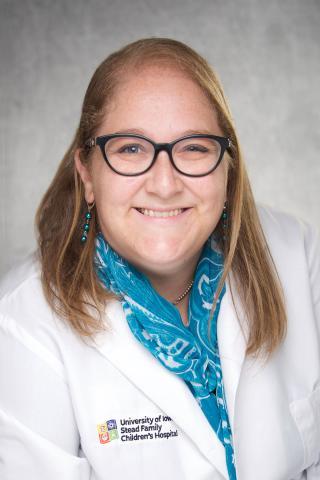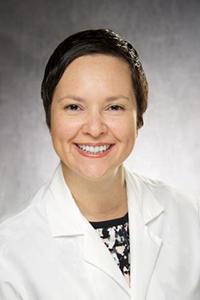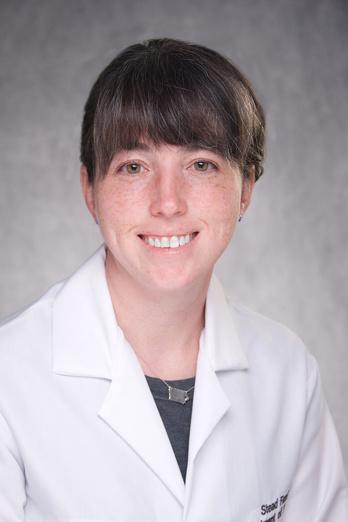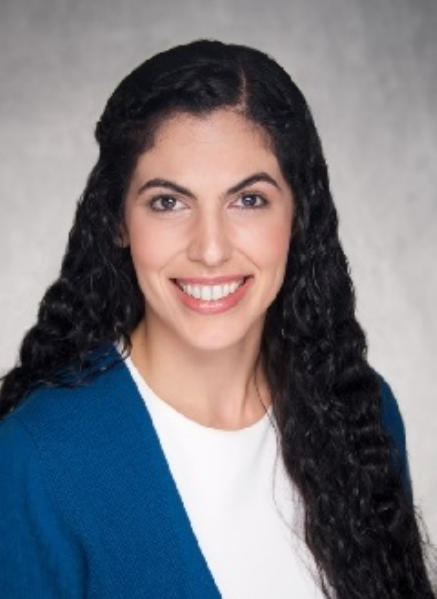
Today we are thrilled to announce that Dr. Graciela Parra Villasmil has joined our division as a new pediatric endocrine fellow. She will serve three years in this role, after which she will be a full fledged board eligible pediatric endocrinologist. Dr. Parra Villasmil received her Medical Degree from the Universidad del Zulia in Venezuela where she was an award winning student. She then completed a pediatric residency at the University of Iowa Children’s Hospital. While a resident she demonstrated an aptitude for and interest in pediatric endocrinology, and was highly involved in diabetes camp (see picture below) at Camp Herkto Hollow. She has assisted with pediatric endocrine clinical research both in Venezuela and while a pediatric resident at the University of Iowa, and has published her scholarship in the field of endocrinology (link 1 and link 2). Welcome Dr. Parra Villasmil!! We are also proud to announce that Dr. Sriya Subramani, who was a pediatric resident here, is also starting a Pediatric Fellowship, at University of Washington / Seattle Children’s Hospital. Congratulations Dr. Subramani!!
